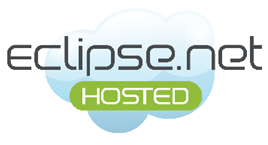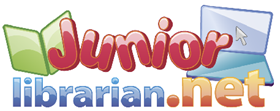Welcome!
This is the on-line help manual for Eclipse.Net and Junior.Net. Throughout the various sections in this manual you will find topics related to each products home page and areas throughout the librarian management section.
This manual has been designed as a how-to manual for MLS's two flagship products; Eclipse.net (includes locally-installed versions) and Junior Librarian.net. This manual will not cover installation-based issues and should not be used for troubleshooting error messages. The documentation will refer the reader to the appropriate knowledgebase article or documentation where applicable so be sure to have your user number and postcode handy so that you can log in to MyMLS if needed.
Nomenclature
The table below defines the various nomenclature that is used throughout this manual.
|
Term |
Definition |
Alias |
|
Home Page |
The home page is the initial screen that is shown when either Eclipse or Junior is opened in a web browser, depending on whether it is Eclipse or Junior will depend what colours/environment is shown. |
Welcome Page, Welcome Screen, Student Search page, Home screen, Silverlight Front end, OPAC |
|
Borrower |
A Borrower is someone who is enrolled in the library system and can borrower resources from the library. |
Patron, Student |
|
Resource |
A Resource can be a book, piece of hardware, CD, DVD or anything other item that can be catalogued in the library system. |
Item |
|
Catalogue (verb) |
To 'catalogue' an item means to add it to the library system resources. |
|
|
Circulate (verb) |
To 'circulate' an item in this context means to issue a resource to a borrower. |
Issue |
|
Reservation |
A reservation is essentially a booking placed on a resource. When a 'reserved' resource is returned, a borrower requests to be notified when an item is available. |
Hold, Booking |
|
Directory Services |
Directory services generally refers to the Active Directory integration that can be set up in the application. |
Active Directory integration, AD |
Conventions
Throughout this document a number of conventions are used for various purposes. to highlight the importance of something or provide additional information relevant to the topic. These conventions are described below.
Printing
Some users may find it easier to print instructions and then to follow these at the computer. Unfortunately it is not feasible to generate a print out for the entire manual, however, it is possible to print each topic on-demand. If you would like a printable version of a topic, look for the print icon at the top of the page to print the instructions of the current topic. Alternatively, if you have a tablet in the library they why not view the help content on your tablet?
![]()
Copyright © 2013 MLS

.png)



.png)
.png)
.png)